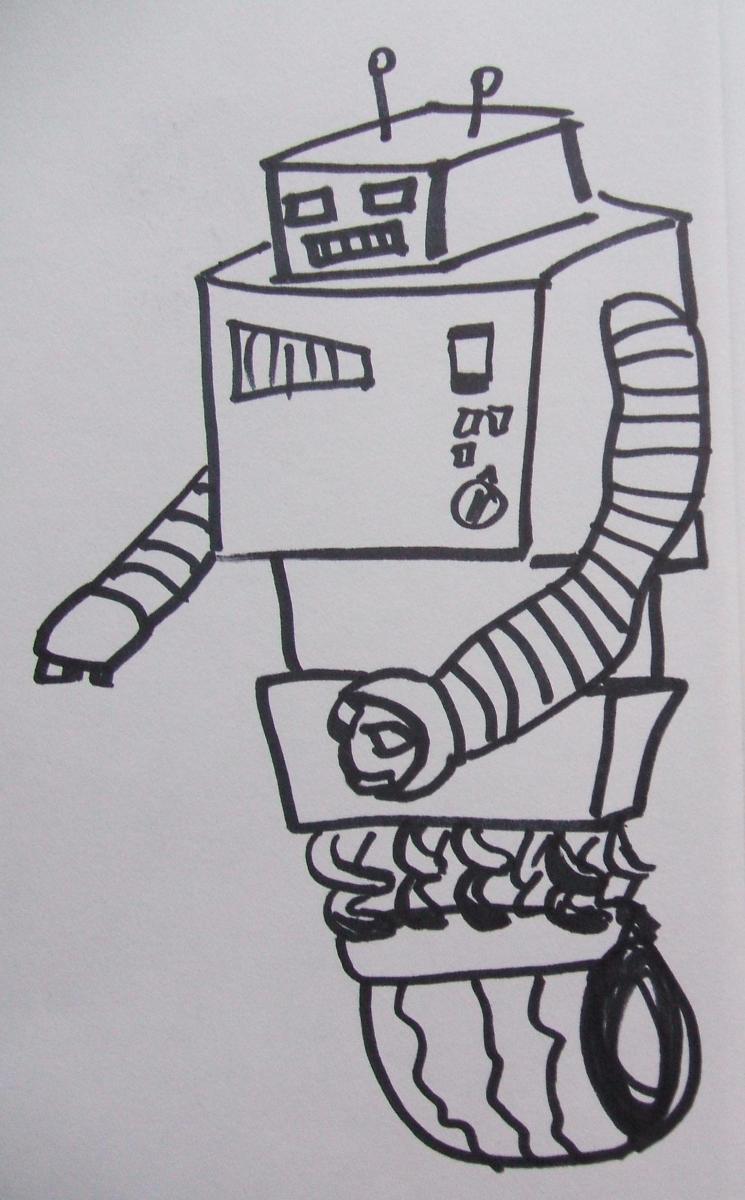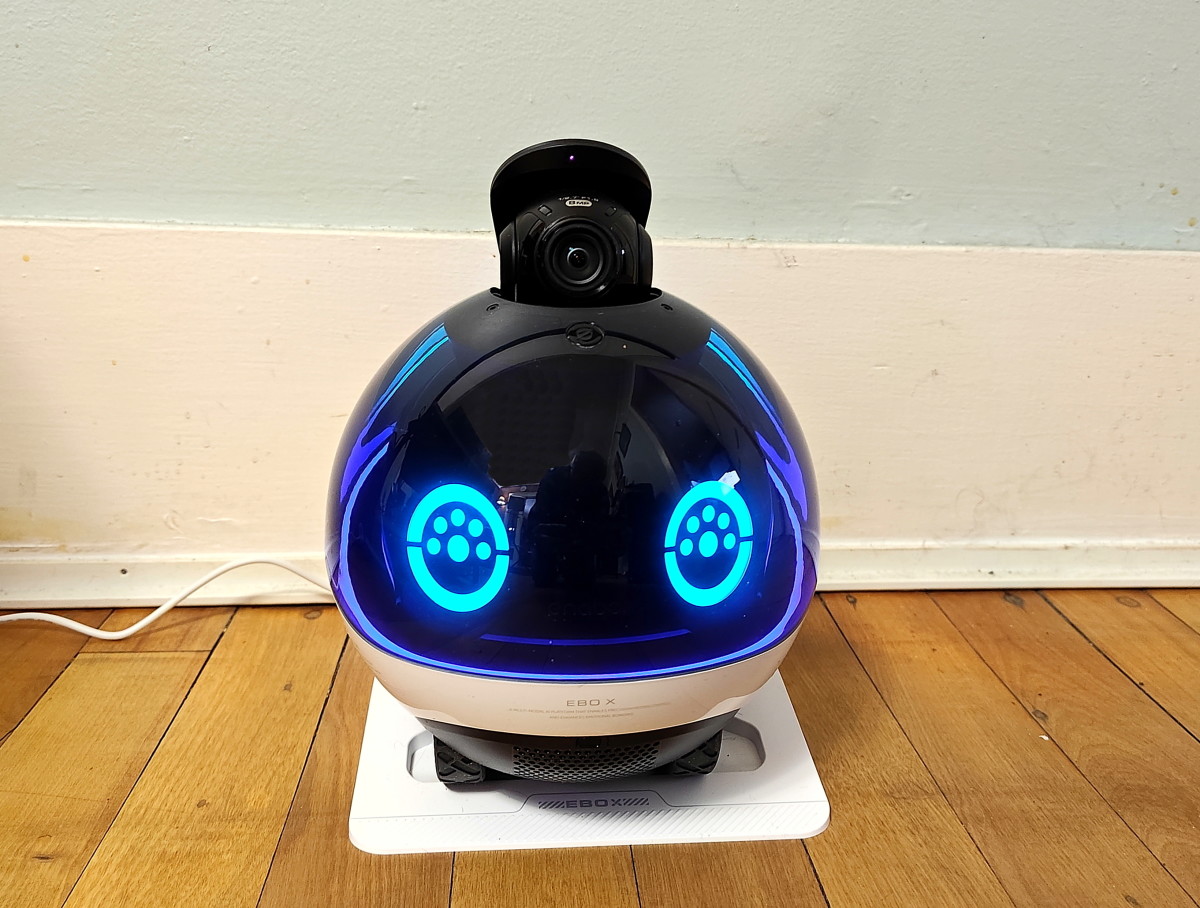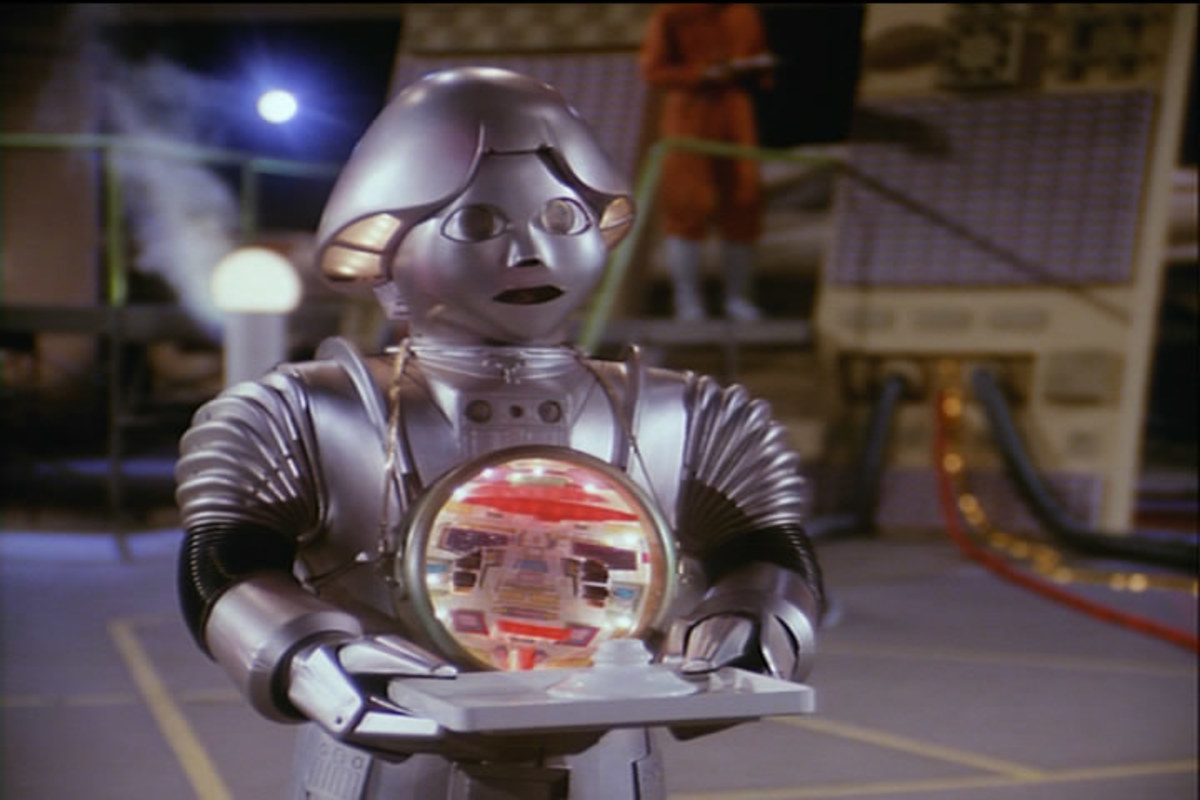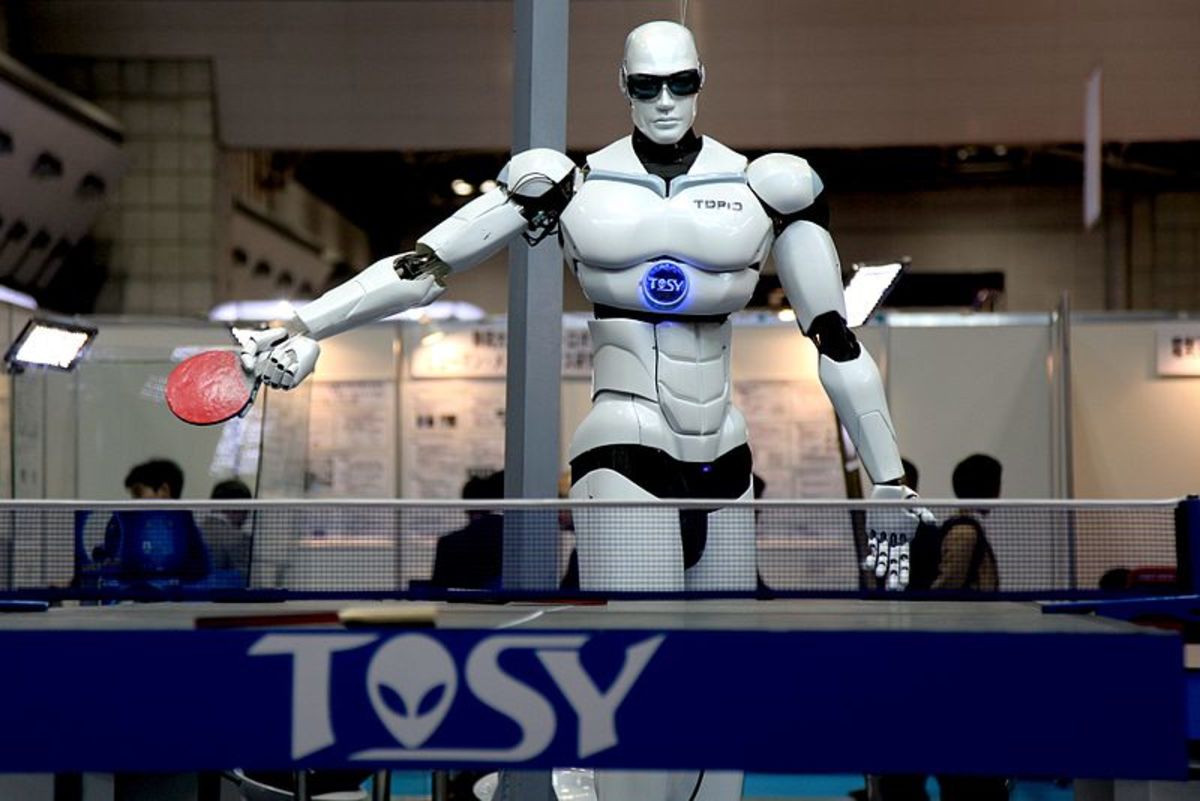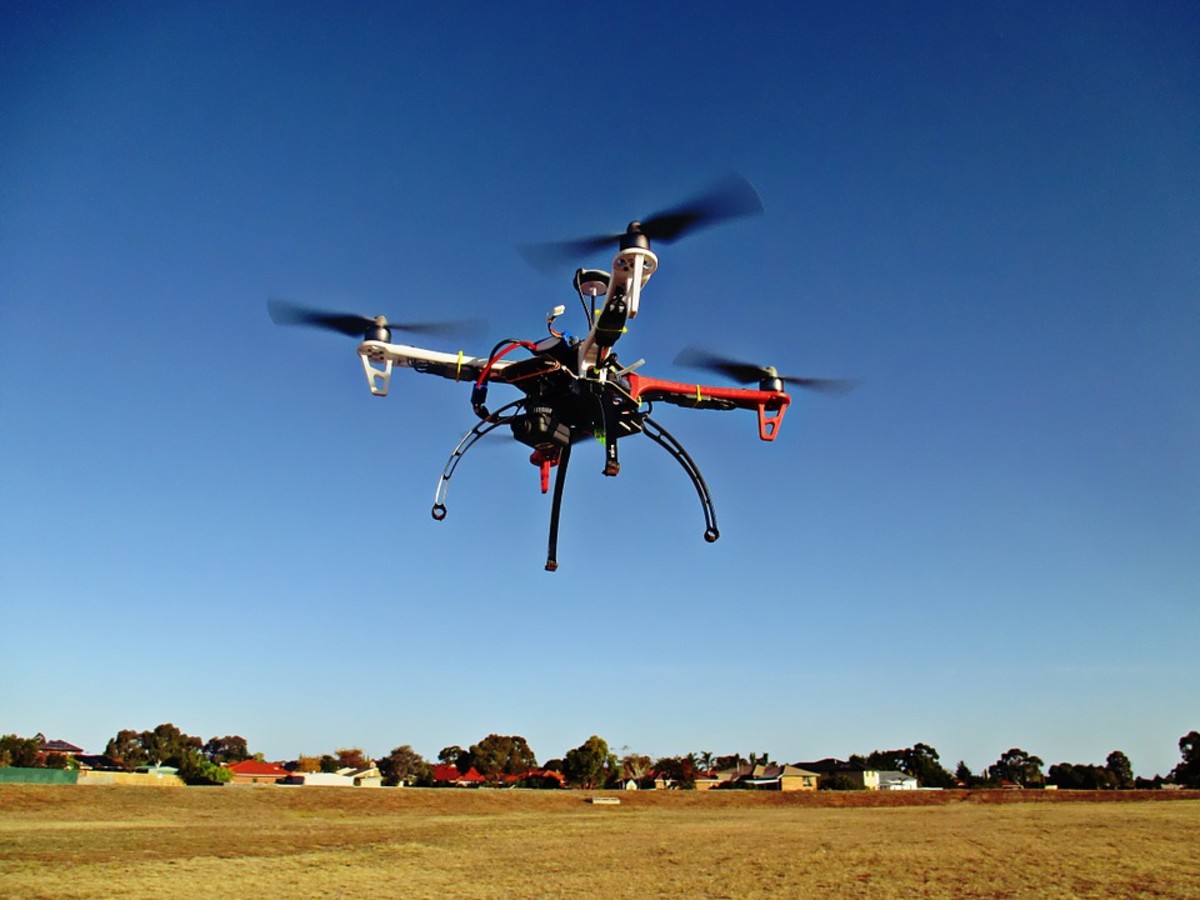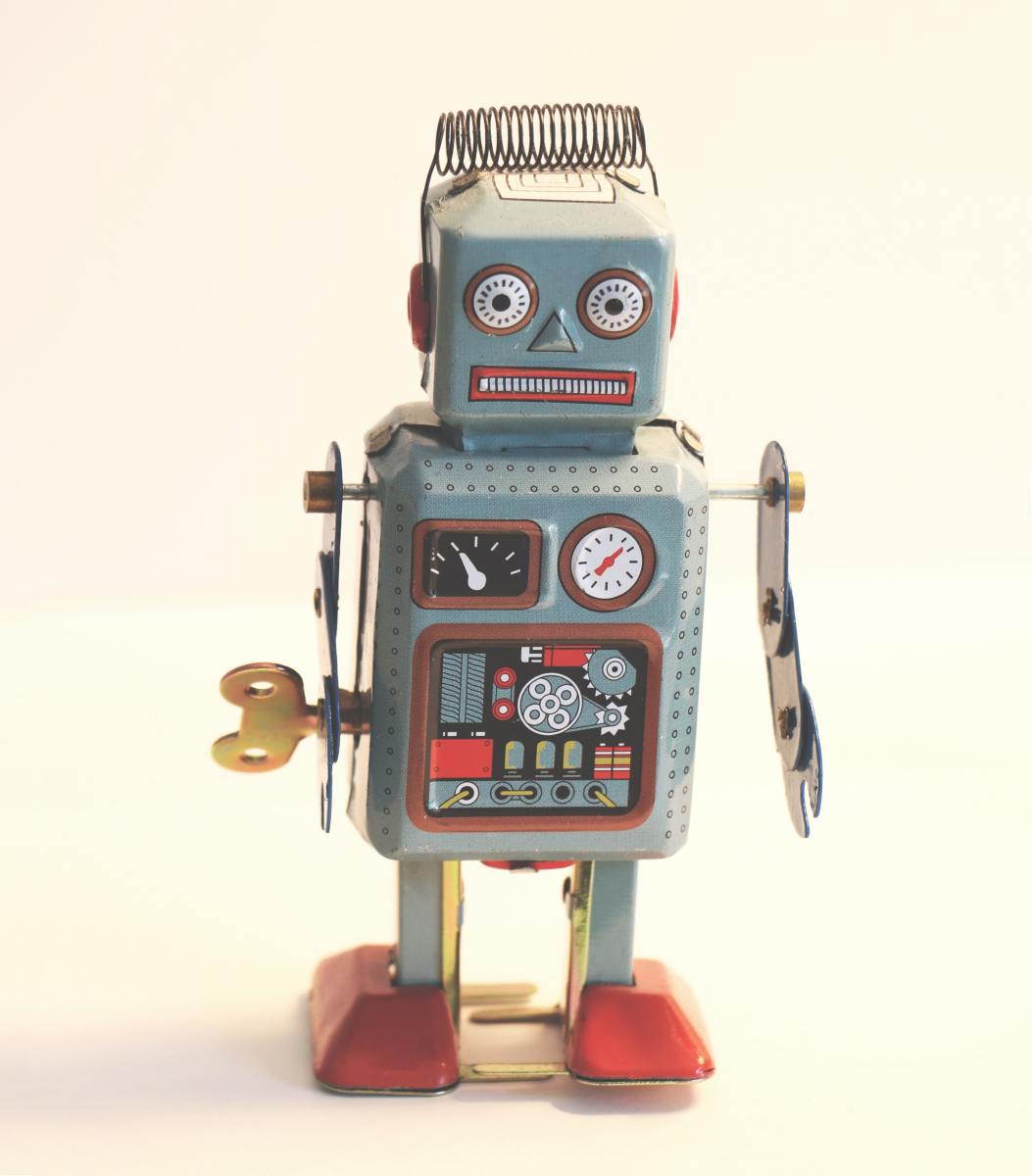A Robot-Based Economic System
The idea that robots can perform all the work done by the human race has been presented by many writers, and so far, most of the robots that have actually been developed are used in factories, not in places where the general public actually sees them. This may change in the future. In the future we may see robots mowing the lawns and taking out the trash, and performing other tasks in suburban communities all over America. We may use robots because using a robot to do a job is cheaper than paying a human being to do the same job.
I think the only real breakthrough would come when we allow robots to handle our money, instead of allowing a human capitalist to handle it. A human capitalist has a well-known human trait called 'greed' and a robot lacks this trait. Since robots are machines, they are not motivated by greed, therefore we would never be swindled by a robot if a robot handled our money. I can envision a future where all the people in the world simply sit around and do nothing, while robots do all the work for them. The robots would also pay you to sit around and do nothing. These payments would amount to a sort of welfare system, so instead of getting a welfare check from the government, you would get a welfare check from the robots.
Imagine if a robot came to you and gave you a bowl of fruit, and the robot said, "I picked this fruit for you, I'll pay you to eat it". You would take the fruit and the robot would hand you a few dollars, then the robot would go back to the farm to pick more fruit. Another robot would approach you, and this robot would give you clothes, and the robot would say, "I made these clothes for you, I'll pay you to wear them". You take the clothes, and the robot gives you money, and then the robot goes back to the clothing factory to make more clothes. Eventually the robot comes to you and he gives you the keys to a car, and the robot says, "I built a car for you, I'll pay you to drive it", so you take the keys to the car and the robot goes back to the car factory to build more cars. Finally, a robot comes to you and gives you the keys to a house, and the robot says, "I built a house, I'll pay you to live in it".
How is all this going to be possible? It's actually not possible because the robots cannot cover the cost of materials for the things they give people. If a robot built a car for you, how could the robot give away the the car, for free? After all, the car's body and engine are made of steel, and steel costs money, the car's tires are made of rubber, and rubber costs money, so this system would not work because the robots in this robot system cannot pay for the steel, rubber and other materials that they use. The only way to fix this problem is to take away all the resources from the human race, and give robots ownership of steel, rubber, and all other resources and commodities. You see, the robot cannot grow fruit and then pay you to eat it if a human farmer still owns the land. It would be logical to take the land away from human beings and give all the land to robots, so the robots will own all the farms.
This system may be possible in cases where the robots can get something for free. Water is free, since water falls from the sky when it rains. Wind energy is free, it doesn't cost us anything when the wind blows. Solar energy is free, it doesn't cost us anything when the sun shines. Since water, wind, and sun are free, robots could make something from water, wind, and sun, and they could pay people to use it. Suppose robots were allowed to obtain rain water whenever it rained, and suppose they could convert this water into hydrogen fuel. In that case, they could give away the hydrogen fuel for free, or they could could even pay you to use the hydrogen fuel. Obtaining hydrogen from water is done with a process called electrolysis, and the process of electrolysis requires electricity. The electricity that the robots need to make hydrogen from water would come from solar and wind energy, so in theory, this would be possible, robots could make hydrogen fuel and give it away to people for free. What effect would that have on the oil companies? I suppose it would put all the oil companies out of business. If everybody had cars that used hydrogen as fuel, and if the hydrogen fuel for these cars was provided for free by robots, then people would probably stop using gasoline, and all the oil companies who had been making money by selling gasoline would go broke and they would close. Wouldn't that be worth doing?

